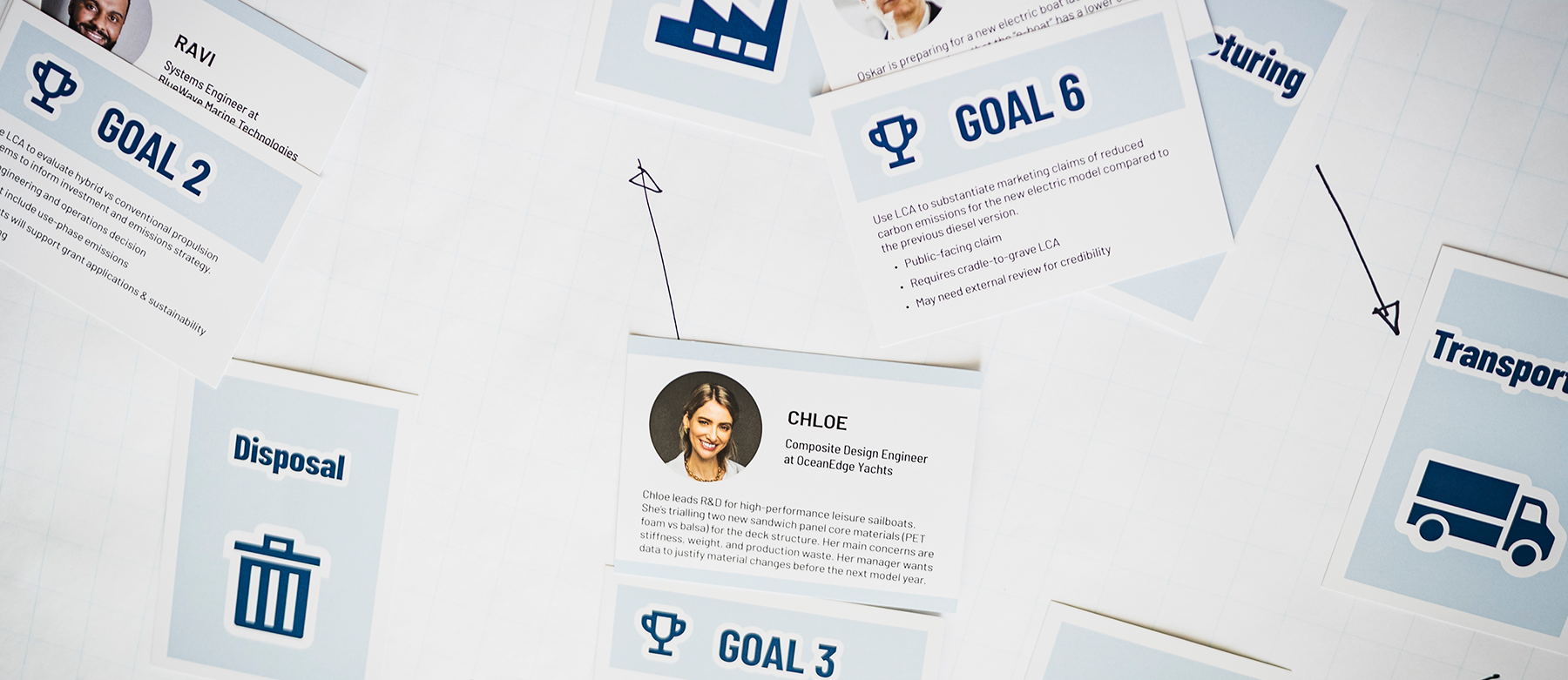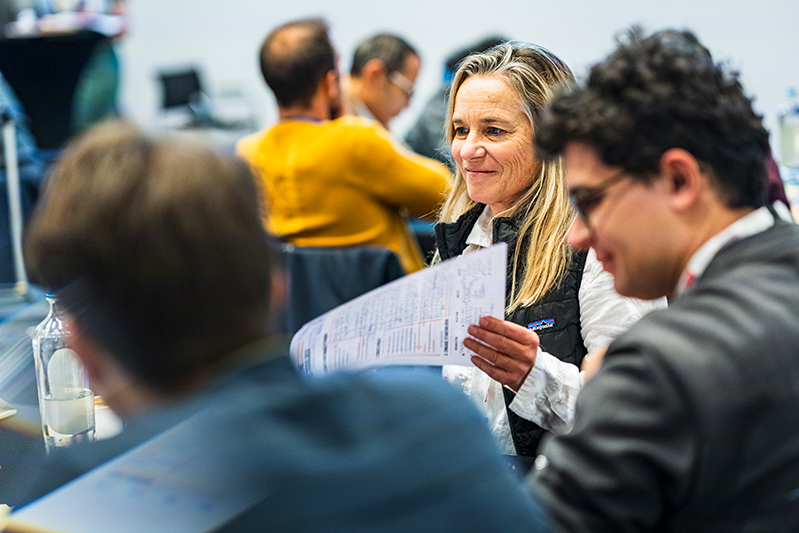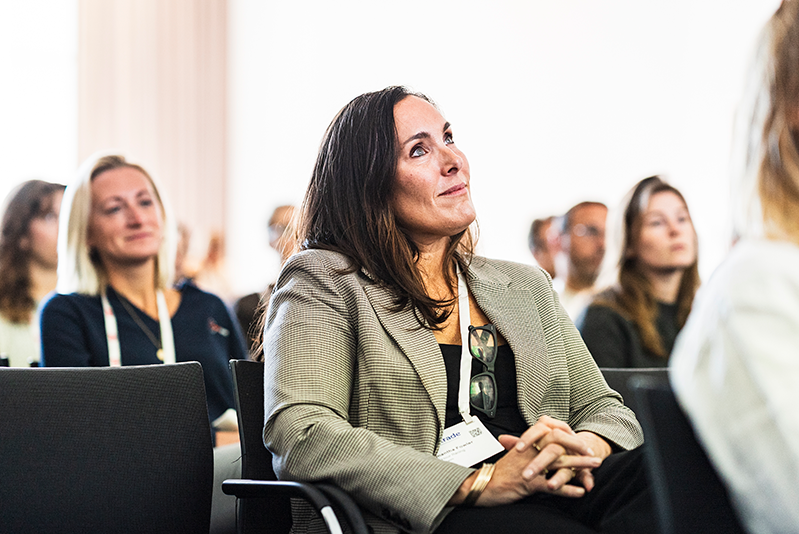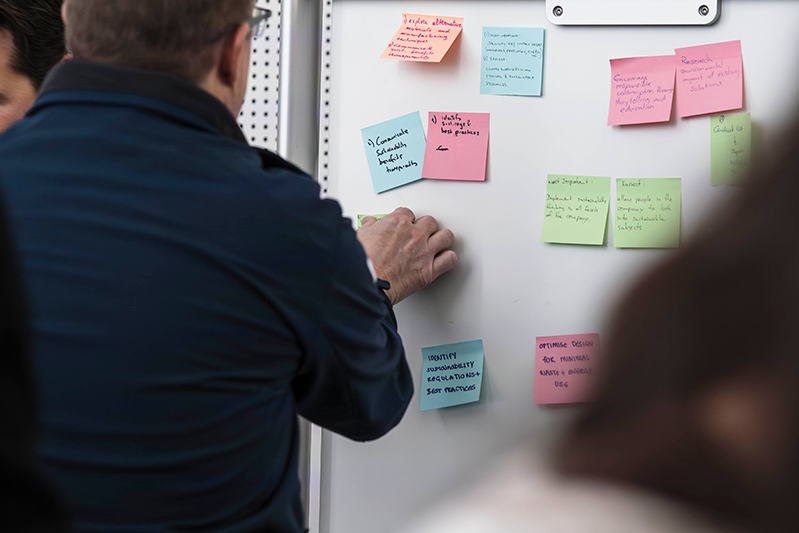
Marine Industry Takes Action on Sustainability at Inaugural Marine Impact Lab at Metstrade
The inaugural Marine Impact Lab at Metstrade brought together leaders from across the global marine industry for a full-day workshop focused on turning sustainability insight into concrete action.
Thanks to support from 11th Hour Racing, the day focused not just on discussion but on real outcomes. Key insights included:
- A focus on agency and systems change, with Marine Futures Director Ollie Taylor emphasising that real progress comes from individuals operating at the “edges” of organisations, where their 90,000 working hours offer the greatest leverage to shift systems.
- Participants leaving with practical sustainability tools, including organisations adopting sustainability management frameworks from The Sustainability Toolbox and product teams gaining the literacy to interpret and apply lifecycle assessment data to reduce impacts across real-world designs.
- A clear warning from the insurance market, as long-time insurance broker Richard Power highlighted how climate volatility is already shrinking cover and driving up premiums, and pointed to the opportunity of redirecting even 1 per cent of premiums into a marine climate fund to support decarbonisation and resilience.
- A growing focus on insetting, as participants explored how the marine industry can move beyond carbon offsetting and begin baking decarbonisation directly into products, processes and supply chains, creating emissions reductions within the value chain itself.


Image credits: Marie Lefloch I 11th Hour Racing

